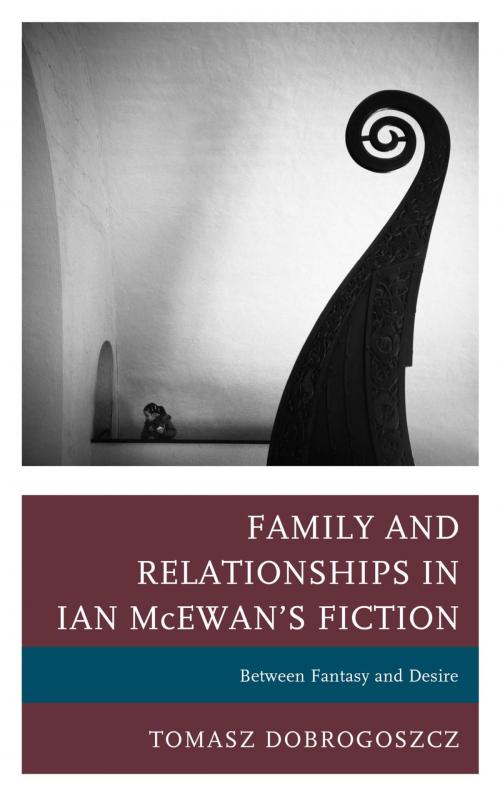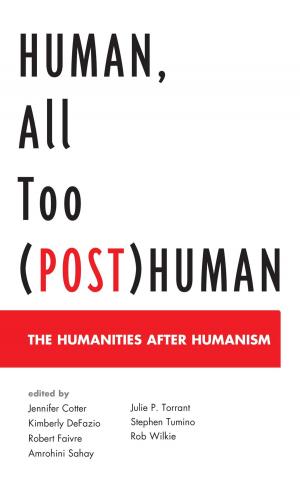Family and Relationships in Ian McEwan's Fiction
Between Fantasy and Desire
Fiction & Literature, Literary Theory & Criticism, British| Author: | Tomasz Dobrogoszcz | ISBN: | 9781498539883 |
| Publisher: | Lexington Books | Publication: | February 23, 2018 |
| Imprint: | Lexington Books | Language: | English |
| Author: | Tomasz Dobrogoszcz |
| ISBN: | 9781498539883 |
| Publisher: | Lexington Books |
| Publication: | February 23, 2018 |
| Imprint: | Lexington Books |
| Language: | English |
The book provides a lucid analysis of all Ian McEwan fiction published to date, from his 1975 debut short stories up to the 2016 novel Nutshell, spanning forty years of his literary career. Apart from a general discussion of McEwan’s works, the study offers a uniform focal point: it concentrates on one of the key issues taken up by the writer – the aspect of relationships between partners and between family members. As the book demonstrates, the novelist employs interpersonal relations to establish a pertinent context in which he can dramatically portray the process of identity formation in his characters. Throughout his fiction, McEwan consistently uses references to psychoanalysis, either veiled or direct. The proposed book investigates the novelist’s oeuvre through the lens of the psychoanalytic theory developed by Jacques Lacan. The approach used makes the book useful both for readers well familiar with this apparatus, and for those who need introduction to Lacanian psychoanalysis and such of his concepts as “desire,” “fantasy,” “the symbolic order” or “ the Name-of-the-Father.”
The book provides a lucid analysis of all Ian McEwan fiction published to date, from his 1975 debut short stories up to the 2016 novel Nutshell, spanning forty years of his literary career. Apart from a general discussion of McEwan’s works, the study offers a uniform focal point: it concentrates on one of the key issues taken up by the writer – the aspect of relationships between partners and between family members. As the book demonstrates, the novelist employs interpersonal relations to establish a pertinent context in which he can dramatically portray the process of identity formation in his characters. Throughout his fiction, McEwan consistently uses references to psychoanalysis, either veiled or direct. The proposed book investigates the novelist’s oeuvre through the lens of the psychoanalytic theory developed by Jacques Lacan. The approach used makes the book useful both for readers well familiar with this apparatus, and for those who need introduction to Lacanian psychoanalysis and such of his concepts as “desire,” “fantasy,” “the symbolic order” or “ the Name-of-the-Father.”















